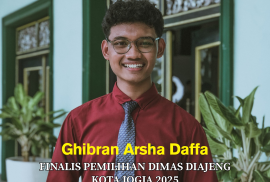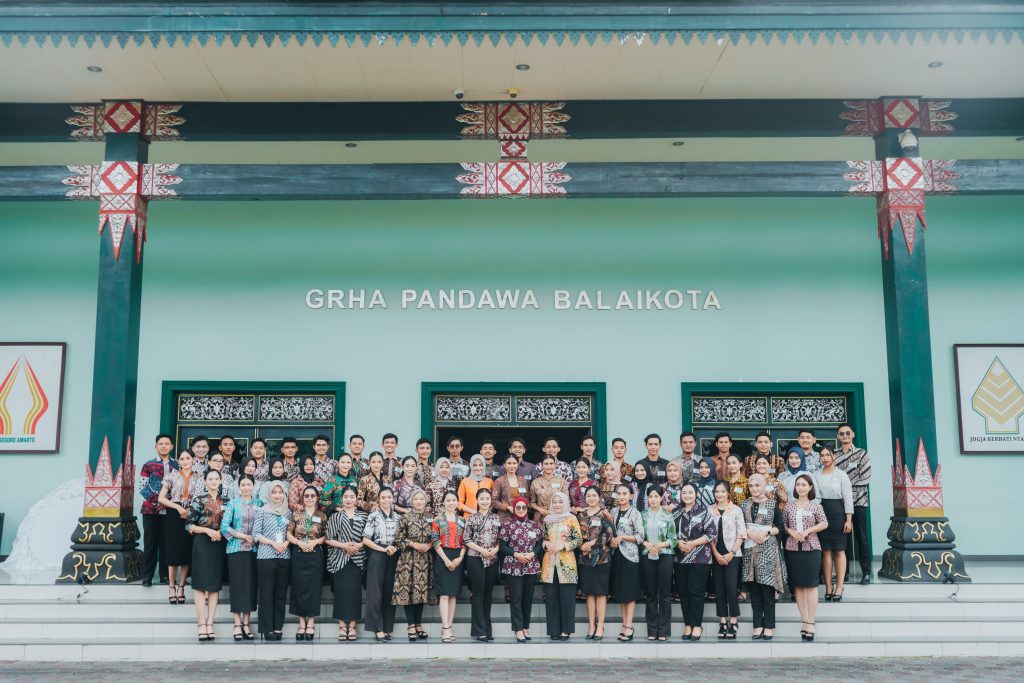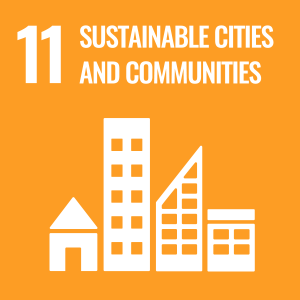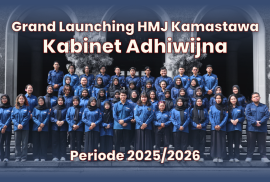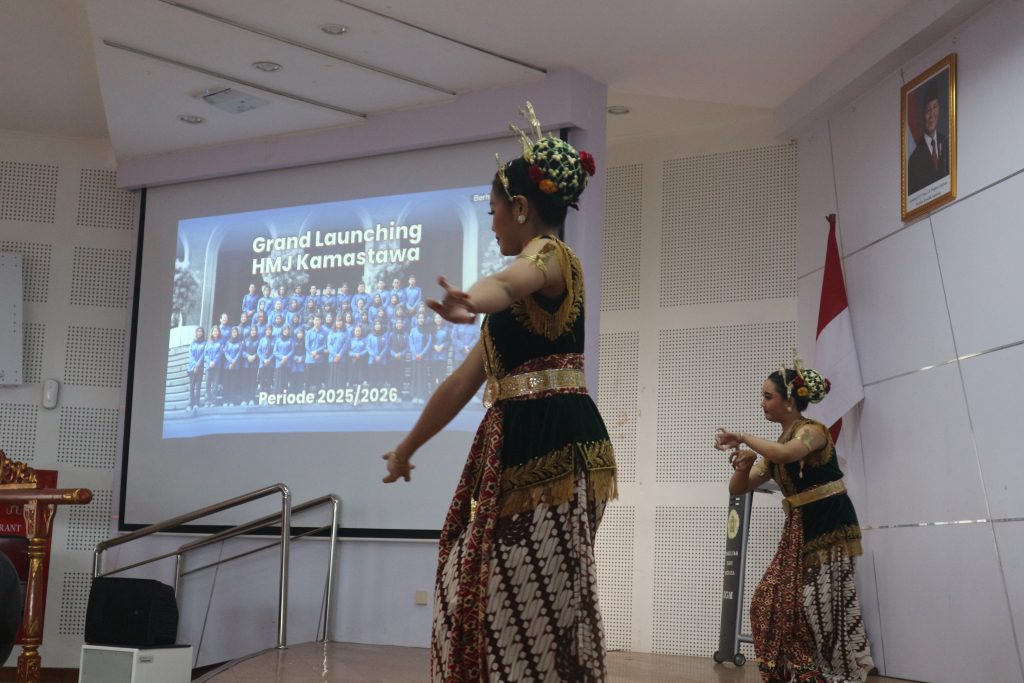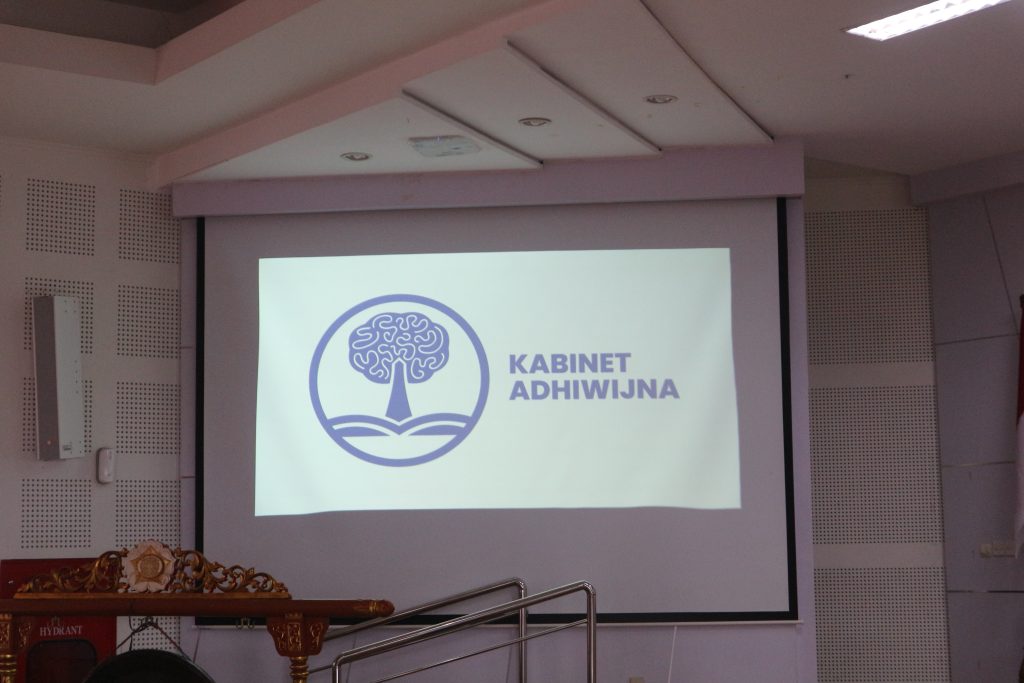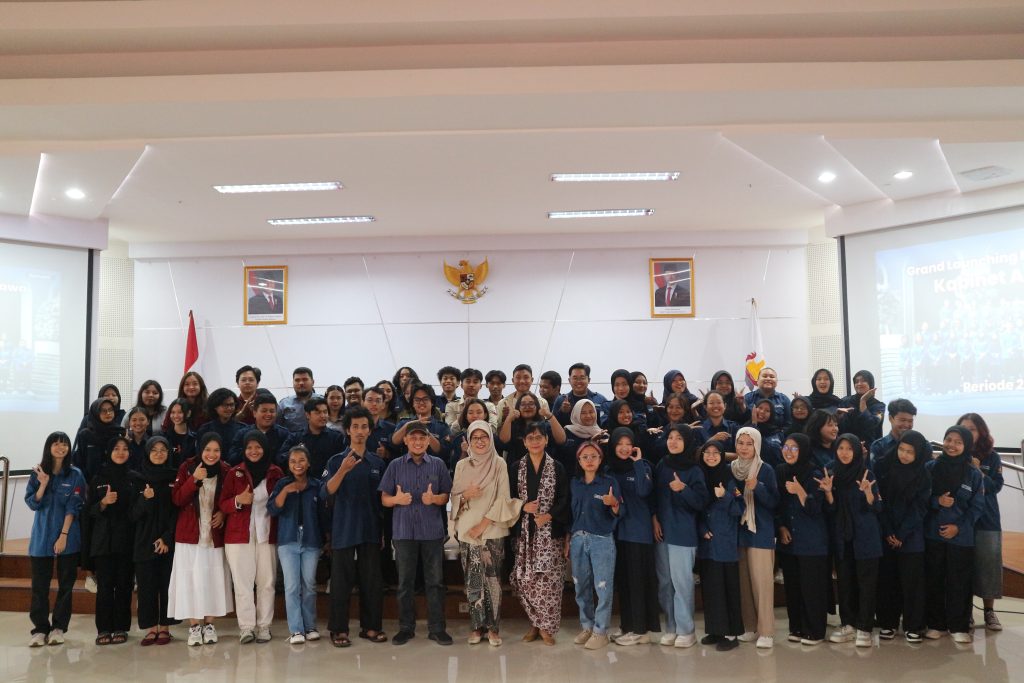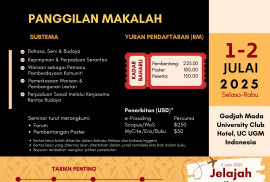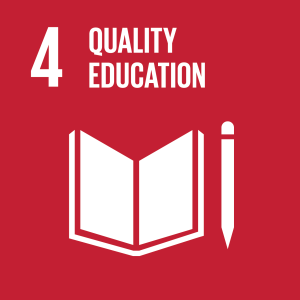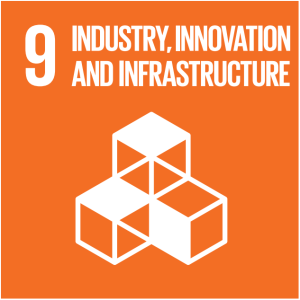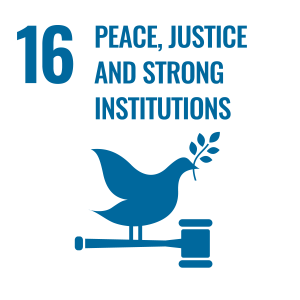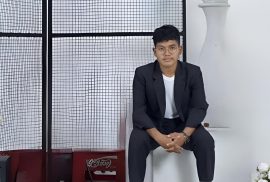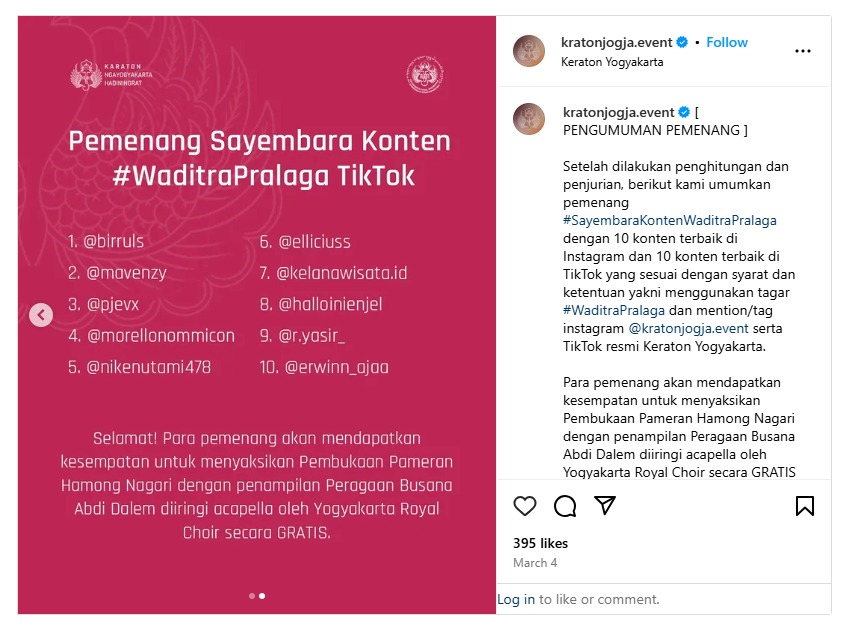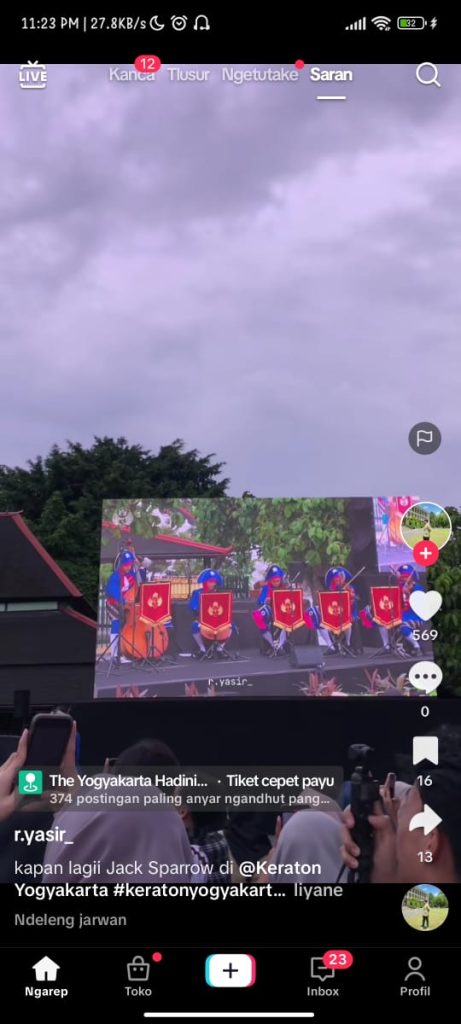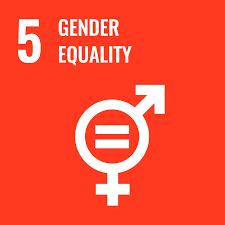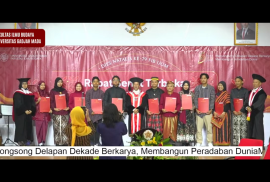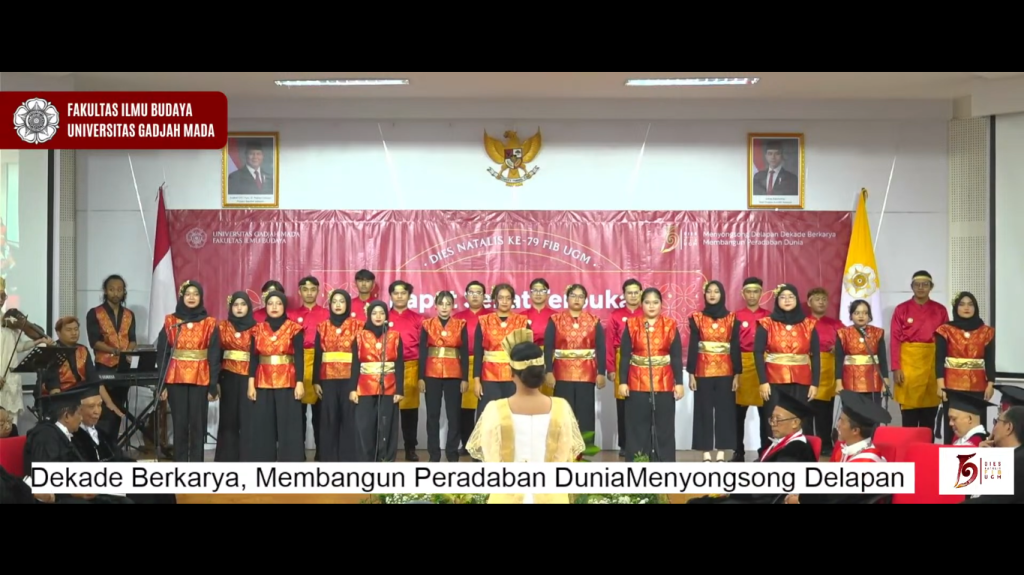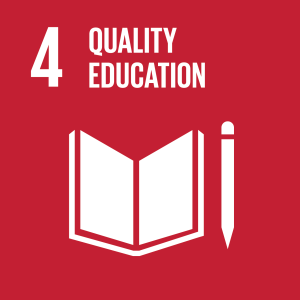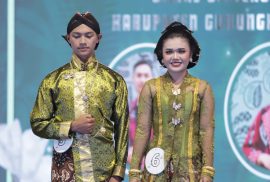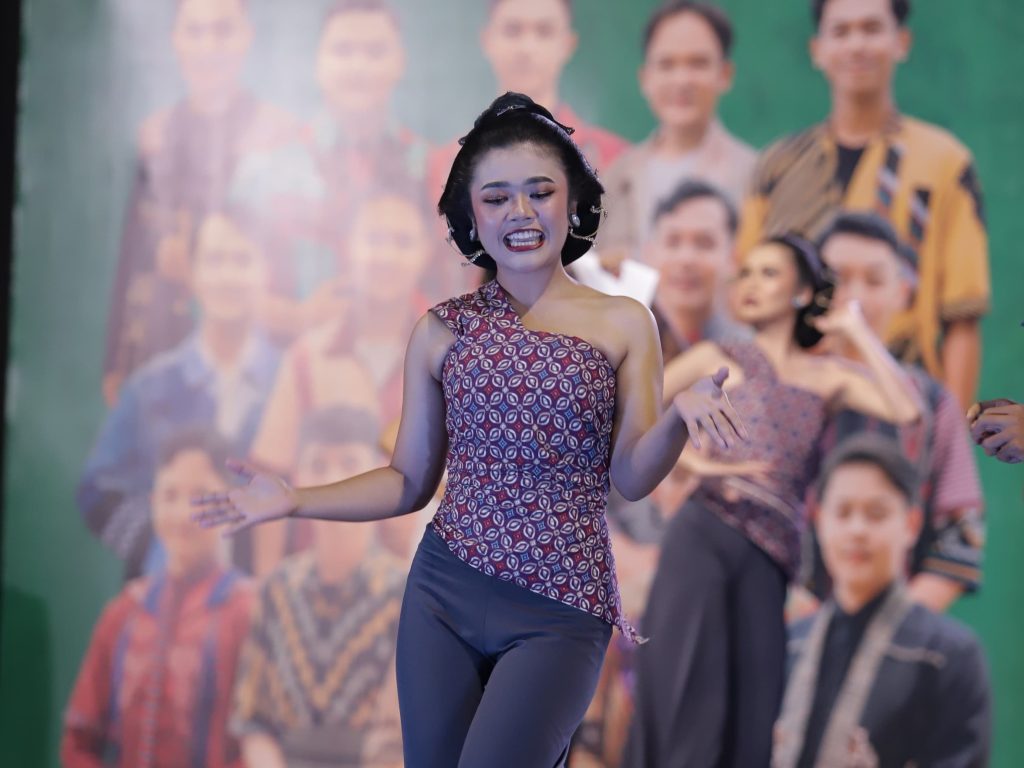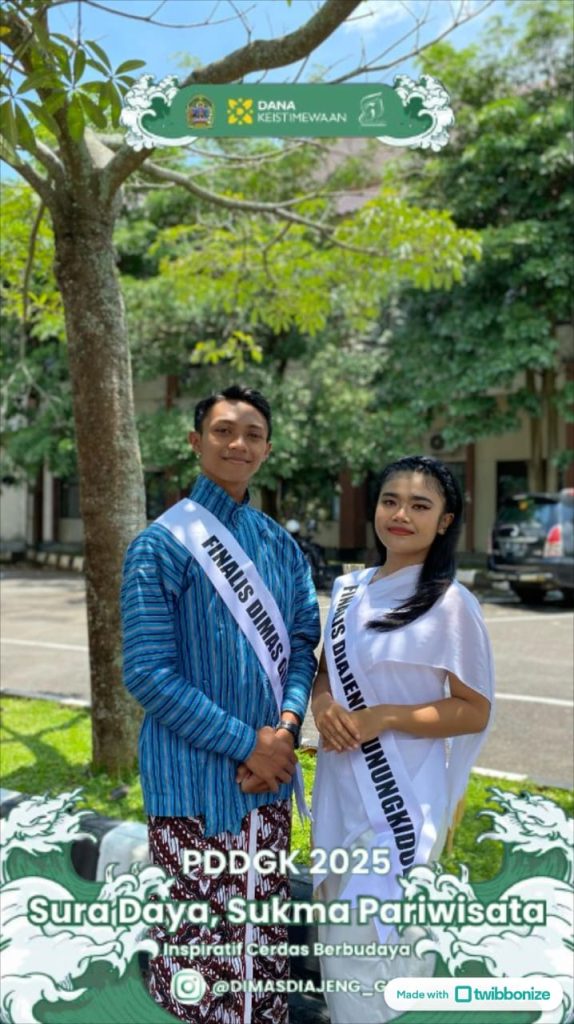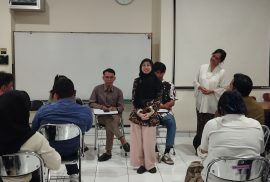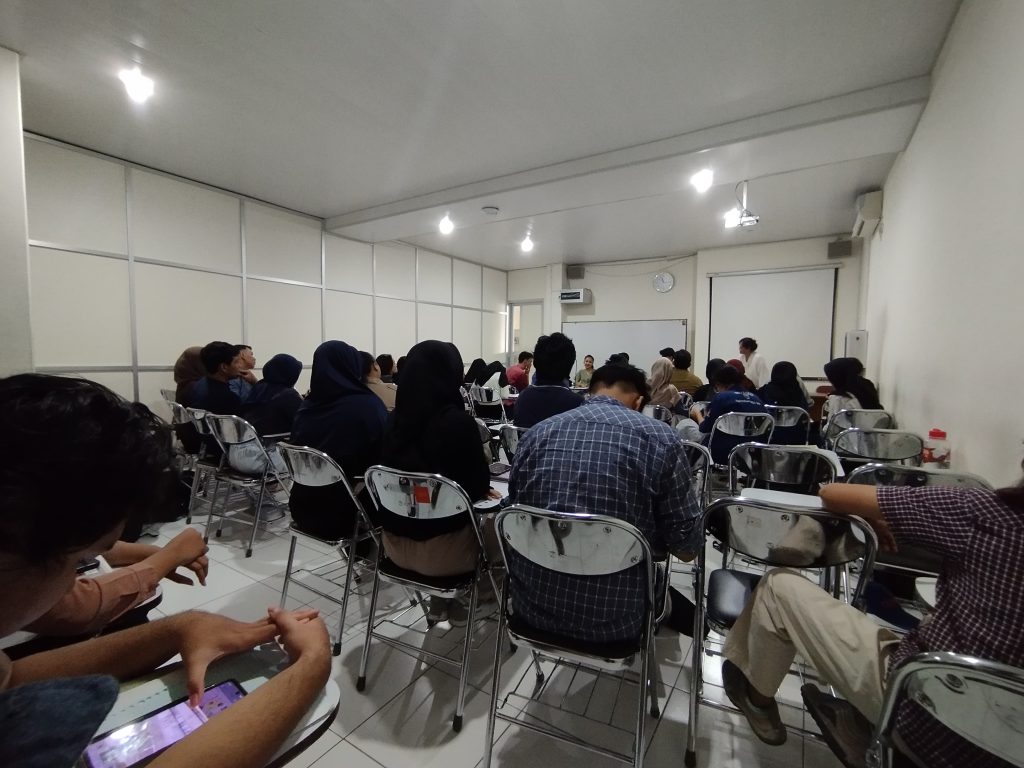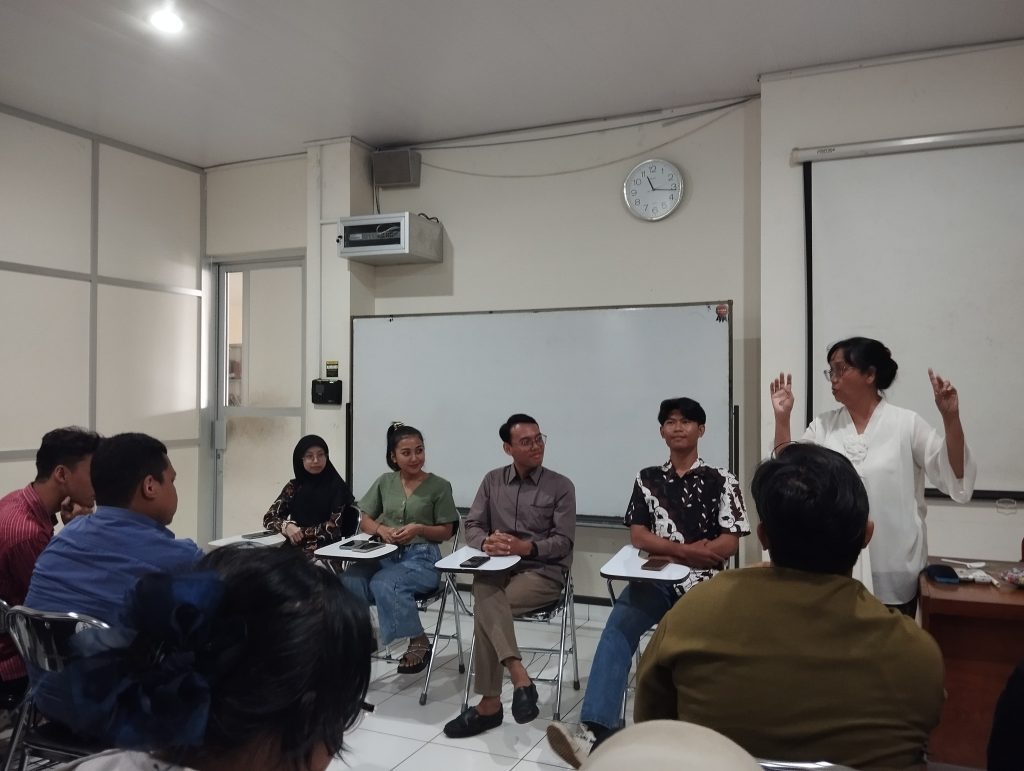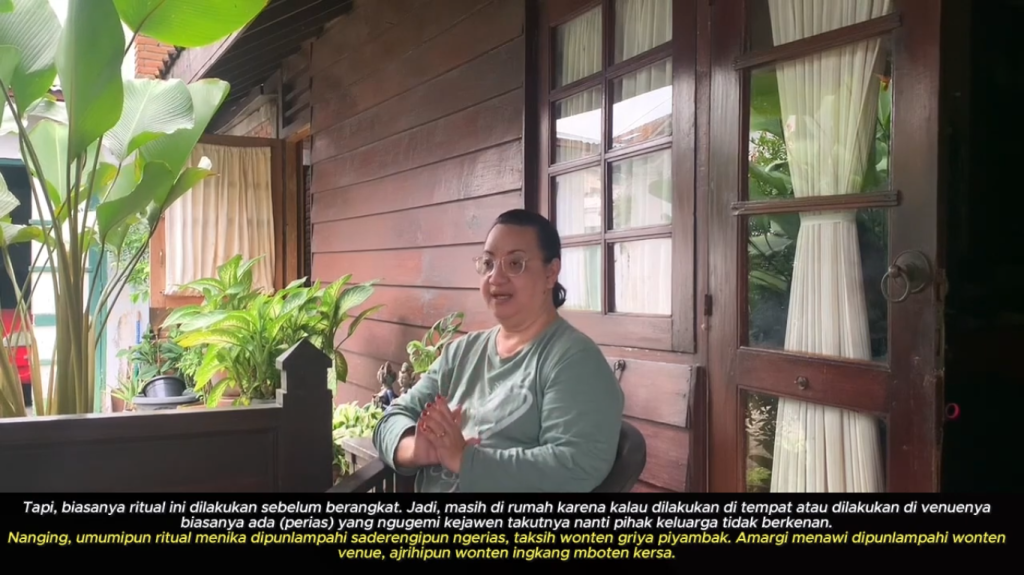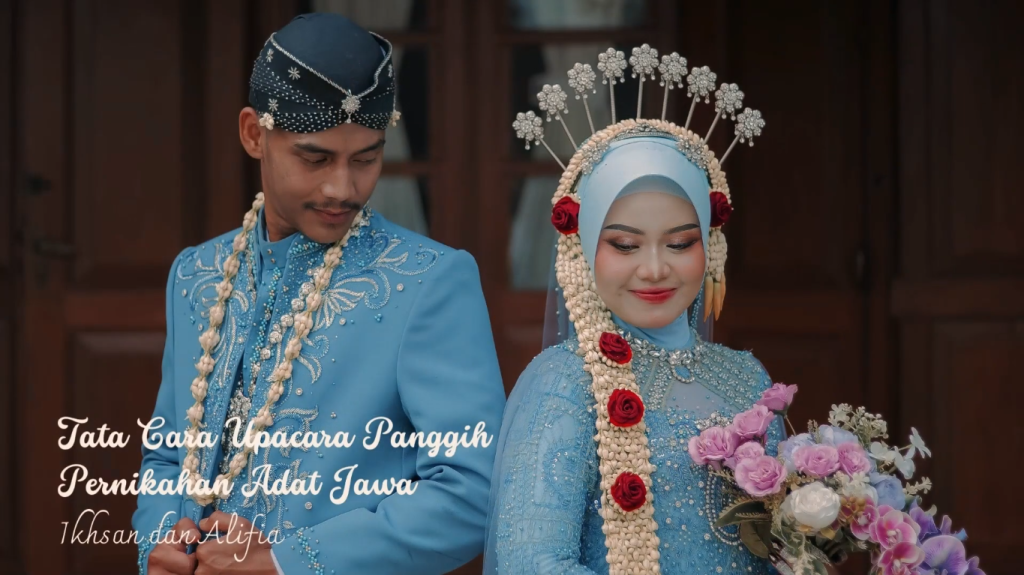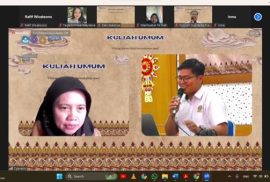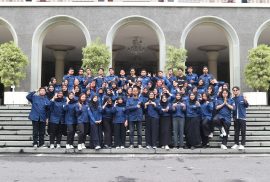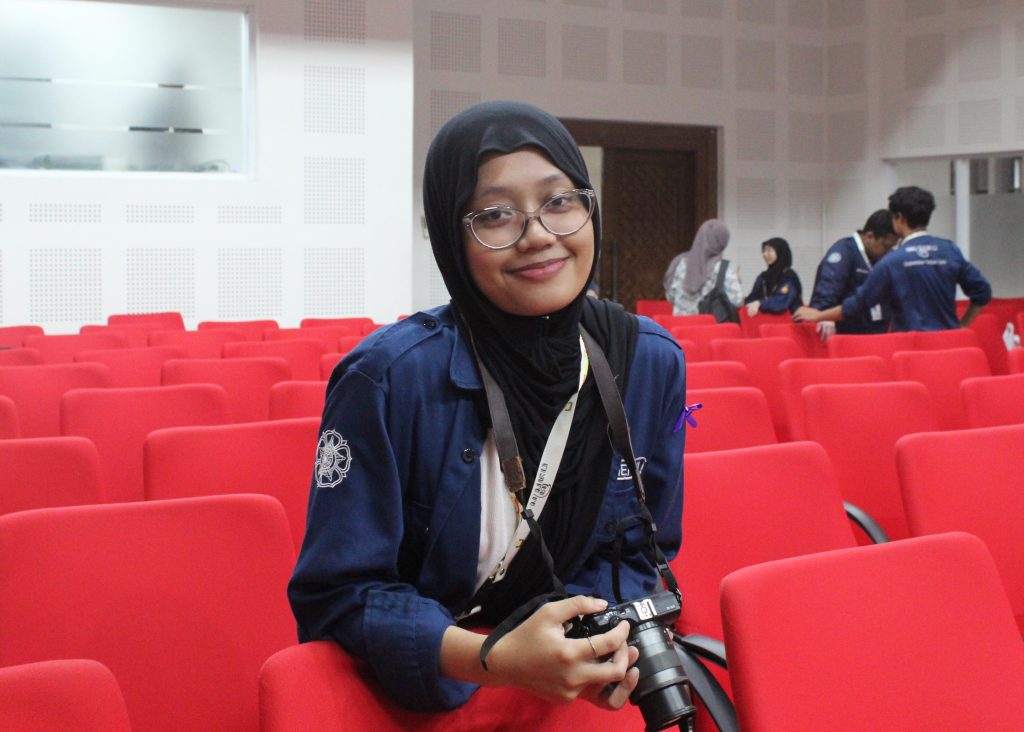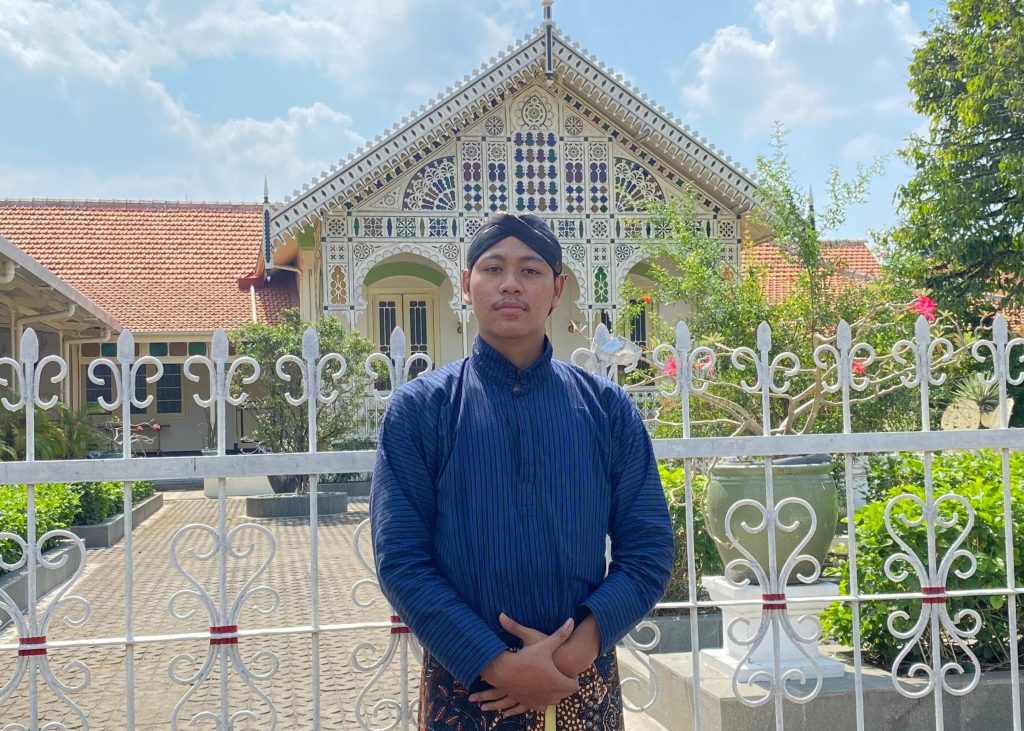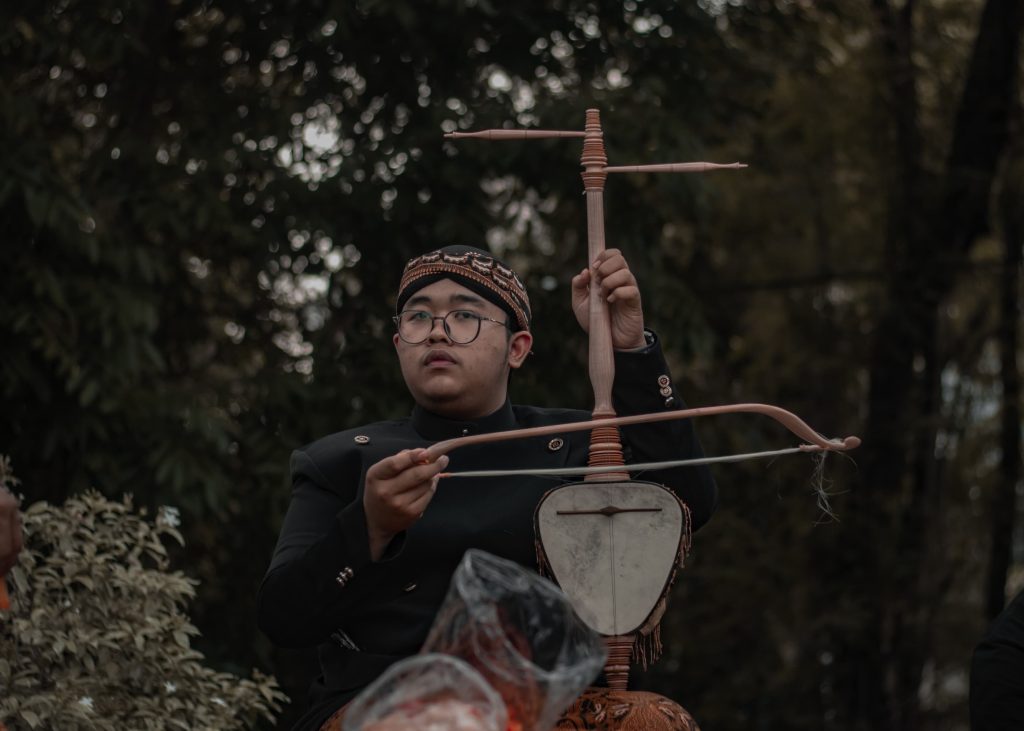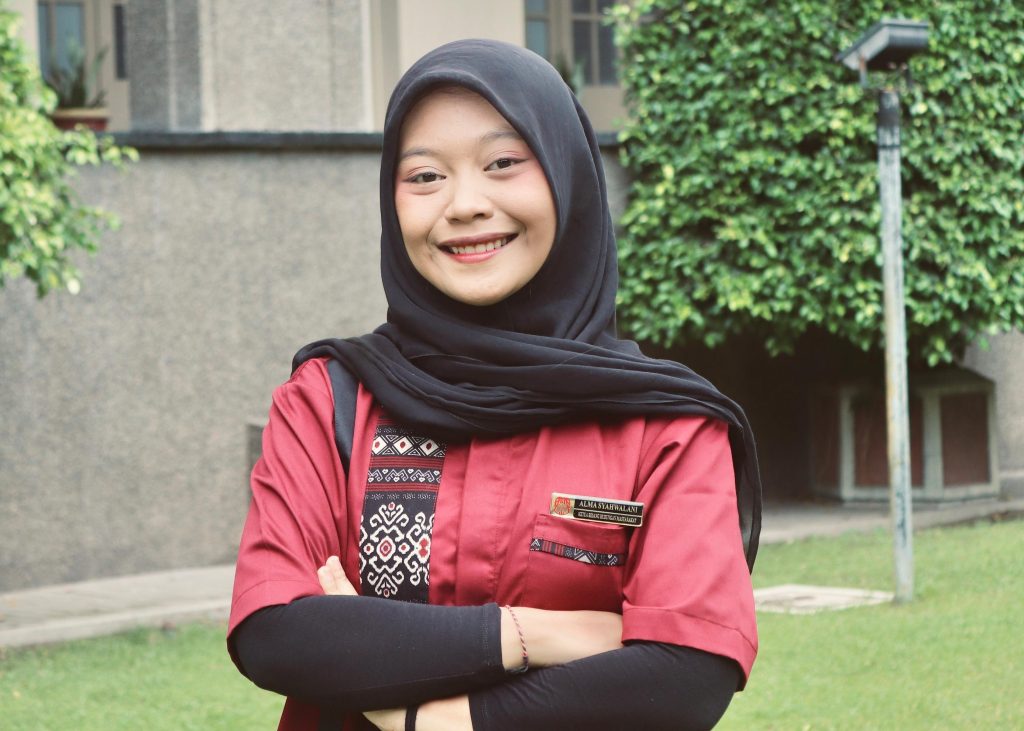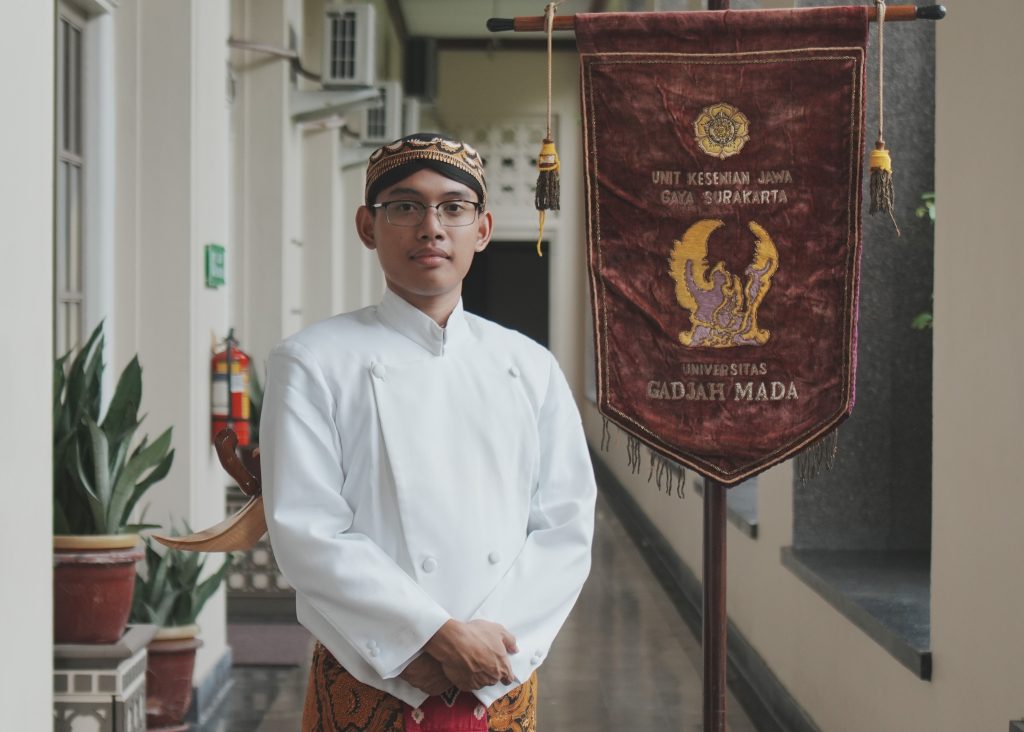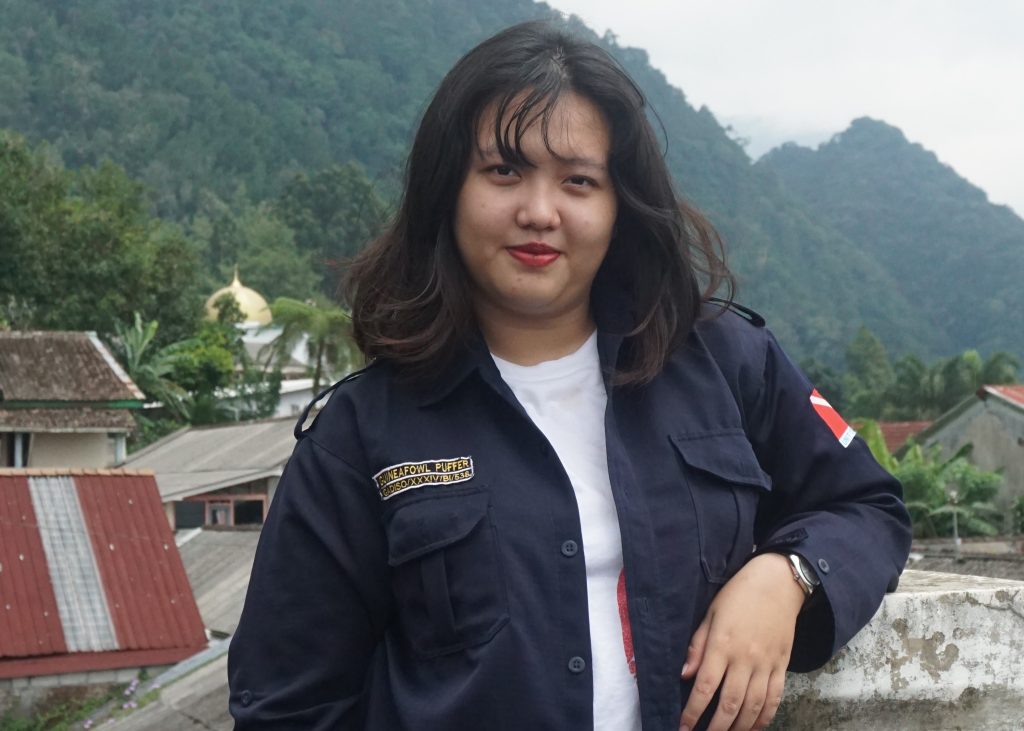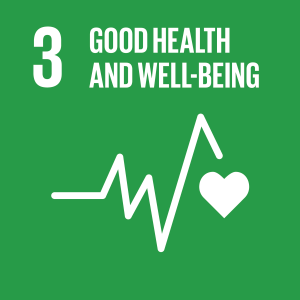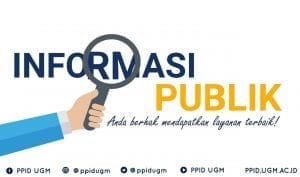Ghibran, Who Became A Finalist for the Dimas-Diajeng City of Jogja Even Though He Comes from Bantul
College StudentNewsSDGS Thursday, 27 March 2025
Javanese Language, Literature, and Culture student of 2024 batch, Ghibran Arsha Daffa (NIM 24/543974/SA/23427) or familiarly called Ghibran, made it to the final stage in the Dimas-Diajeng contest of the Special Region of Yogyakarta. Dimas-Diajeng itself is the term for a pair of male and female teenagers who are officially appointed as DIY tourism ambassadors. For men, it is called Dimas, and for women, it is called Diajeng. The selection of Dimas-Diajeng is under the auspices of the Tourism Office. Meanwhile, the most important task of Dimas-Diajeng itself is to promote tourism and culture in their respective regions.
To start Dimas-Diajeng's journey, Ghibran went through file selection, semifinals, psychological tests, deep interviews, then entered the final stage consisting of 15 men and 15 women. After the file selection stage, participants were given the task of creating video content about promoting tourist attractions in the city of Jogja and Ghibran chose to discuss Pasar Ngasem, which turned out that no one of the other participants chose that topic.
If selected and crowned as Dimas, Ghibran must be a representative of the dynamic and cultured youth of Jogja and actively participate in tourism promotion activities.
In the process, one of the things Ghibran remembers most is when collecting files because Ghibran collected the files 7 minutes before the registration deadline. This is because Ghibran actually intended to register for Dimas-Diajeng Bantul City, but it turned out that this year it was not going to be held. Therefore, Ghibran immediately prepared himself in a short time to register for Dimas-Diajeng Jogja City.
In addition, in the process of making video content, Ghibran found things that moved and impressed him. One of them was when he met a grandmother selling traditional toys. Ghibran said that even though her merchandise was quiet, the grandmother looked happy when she was invited to interview. According to the grandmother, she had been selling toys since she was little. The grandmother also prayed for Ghibran so that his steps would be smooth in undergoing the Dimas-Diajeng contest.
After the final, the Top 3 Dimas-Diajeng will be selected to represent the city of Jogja in the election of Dimas-Diajeng Yogyakarta Province. So if Ghibran is selected in the Top 3 list, Ghibran must compete again in Dimas-Diajeng Yogyakarta province.
However, even though Ghibran will be busy with Dimas-Diajeng activities in the city of Jogja, Ghibran still wants to contribute as a student in the Javanese Language, Literature, and Culture study program at UGM, one of which is in the field of storytelling. Ghibran intends to take part in a national-level storytelling competition, or even a monologue.
Ghibran's hope for the future is that this Dimas-Diajeng program can help and educate many people, especially in the field of tourism. Let's pray that all of Ghibran's goals and aspirations will be achieved!

